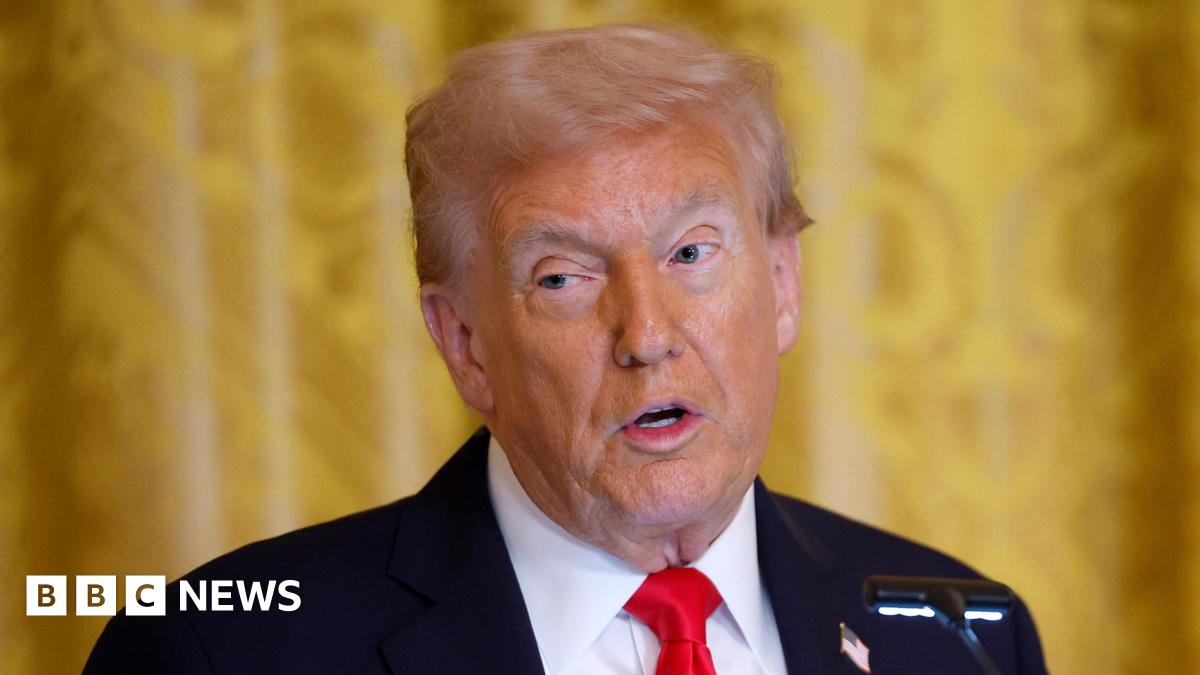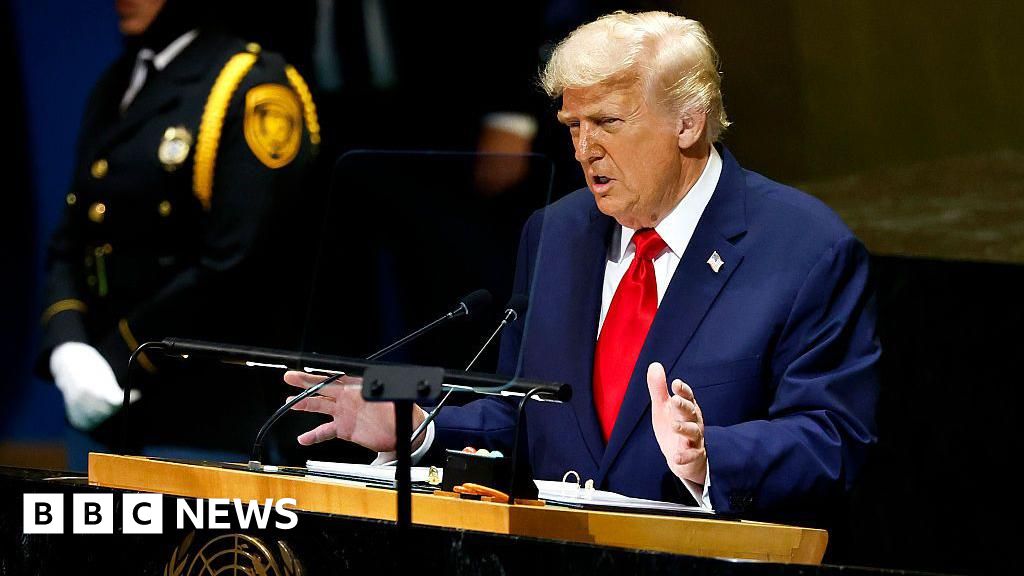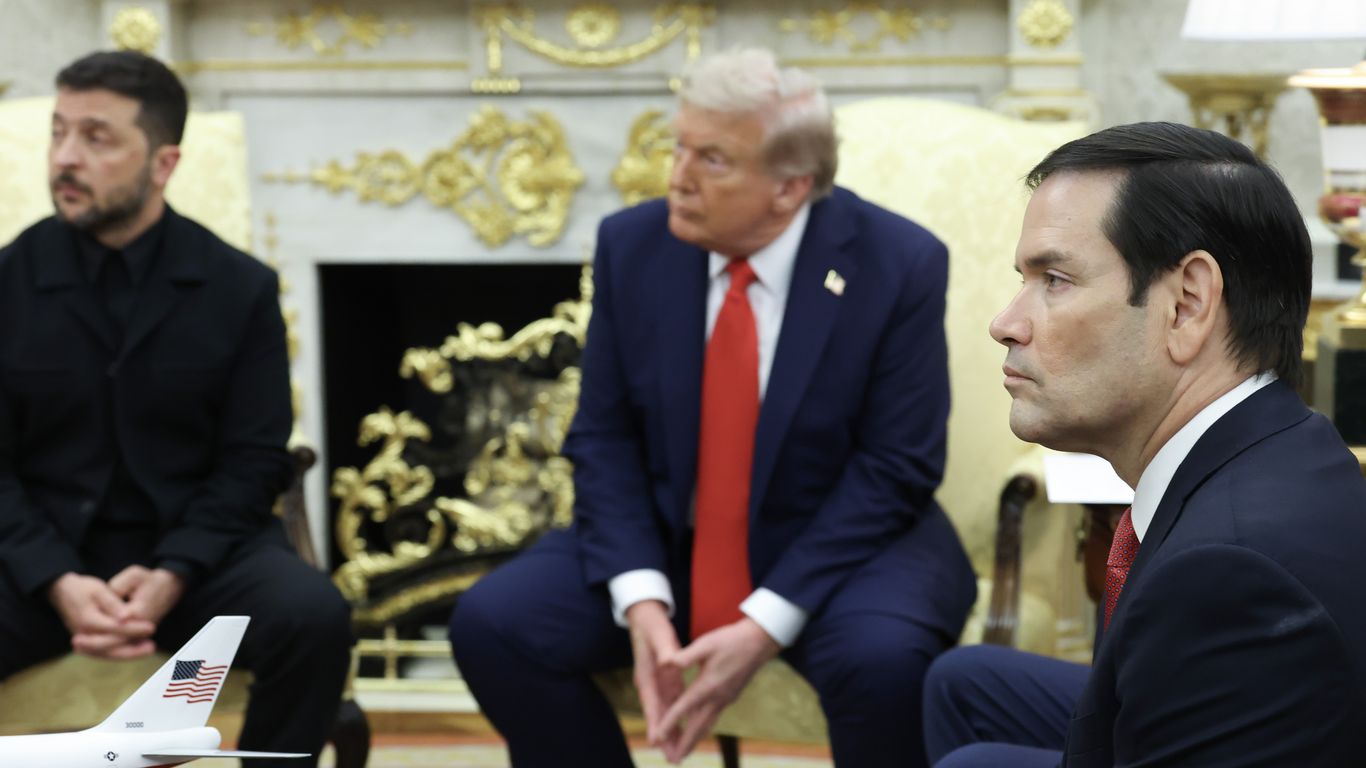Federal Subpoenas Target Former CIA Leadership

Federal Subpoenas Target Former CIA Leadership
In a significant escalation, federal prosecutors have moved to subpoena former CIA Director John Brennan and other officials who played key roles in the investigation of Russian interference during the 2016 election[1]. The subpoenas, issued in Florida, are part of a broader Justice Department probe into how the federal government handled counterintelligence efforts surrounding Donald Trump’s first presidential campaign. This action reflects the ongoing political and legal battles over the origins of the Russia investigation, which Trump and his allies have long dismissed as a “hoax.” Legal experts suggest the move signals a deepening effort to scrutinize the conduct of intelligence and law enforcement officials during a highly contentious period in U.S. politics.
Context and Implications
The decision to subpoena Brennan and others underscores the enduring fallout from the Russia inquiry, which continues to shape Washington’s political landscape years after the 2016 election. Observers note that such subpoenas are rare for former intelligence chiefs and could set a precedent for how future administrations handle politically sensitive investigations. Critics argue the Justice Department’s actions risk appearing partisan, while supporters claim they are necessary to ensure accountability. As the legal process unfolds, the case is likely to reignite debates over presidential power, intelligence oversight, and the boundaries of federal investigations into election security.
About the People Mentioned
John Brennan
John O. Brennan is a career intelligence officer who served as the Director of the Central Intelligence Agency (CIA) from 2013 to 2017 under President Barack Obama[1][3]. Born and raised in New Jersey, Brennan developed a strong sense of patriotism and public service, influenced by his Irish immigrant father and Catholic upbringing[4]. He graduated from Fordham University in 1977 with a degree in political science, studied at the American University in Cairo, and earned a master’s in government with a focus on Middle Eastern studies from the University of Texas at Austin in 1980[3][6]. Brennan began his CIA career in 1980 as an analyst, specializing in Middle Eastern affairs and counterterrorism[1][6]. He held several significant roles, including serving as the daily intelligence briefer for President Bill Clinton, CIA station chief in Riyadh during the 1996 Khobar Towers bombing, chief of staff to CIA Director George Tenet, and deputy executive director of the CIA[1][2]. In the early 2000s, he played a central role in the creation and leadership of the National Counterterrorism Center, integrating intelligence from multiple agencies to combat terrorism[1][2][6]. After retiring from the CIA in 2005, Brennan briefly led private sector firms, including The Analysis Corporation, before returning to government service as Assistant to the President for Homeland Security and Counterterrorism from 2009 to 2013, where he helped shape U.S. responses to terrorism, cyber threats, and pandemics[1][2][6]. His nomination as CIA Director in 2013 marked a return to the agency he had served for 25 years[1][3]. Post-government, Brennan has remained active as a commentator, academic, and consultant. He is a Distinguished Scholar at the University of Texas at Austin, a Distinguished Fellow at Fordham Law School’s Center on National Security, and a senior national security and intelligence analyst for NBC and MSNBC[3]. He also advises private sector companies and contributes to public discourse on intelligence and security issues[3]. Brennan is known for his expertise in counterterrorism, Middle Eastern affairs, and intelligence integration. His career reflects a commitment to public service, with a focus on adapting U.S. intelligence to evolving global threats. While not currently holding a government position, he remains a respected voice in national security debates and continues to influence policy discussions through media and academic engagements[3].
Donald Trump
Donald John Trump, born June 14, 1946, in Queens, New York, is an American businessman, media personality, and politician. He graduated from the University of Pennsylvania’s Wharton School in 1968 with a degree in economics. In 1971, he took over his family’s real estate business, renaming it the Trump Organization, through which he expanded into building and managing skyscrapers, hotels, casinos, and golf courses. Trump gained widespread fame as the host of the reality TV show *The Apprentice* from 2004 to 2015, which helped establish his public persona as a successful entrepreneur. Trump entered politics as a Republican and was elected the 45th president of the United States, serving from 2017 to 2021. His presidency was marked by significant policy actions including tax cuts, deregulation, the appointment of three Supreme Court justices, renegotiation of trade agreements (notably replacing NAFTA with the USMCA), and a focus on immigration control including border wall expansion. He withdrew the U.S. from international agreements such as the Paris Climate Accord and the Iran nuclear deal, and engaged in a trade war with China. His administration’s response to the COVID-19 pandemic was criticized for downplaying the virus’s severity. Trump was impeached twice by the House of Representatives—first in 2019 for abuse of power and obstruction, and again in 2021 for incitement of insurrection—but was acquitted by the Senate both times. After losing the 2020 election to Joe Biden, Trump challenged the results, culminating in the January 6, 2021, Capitol riot. He remains a central figure in American politics, having won the 2024 presidential election and returned as the 47th president in 2025, continuing to promote policies aimed at economic growth, border security, and military strength[1][2][3][4].
About the Organizations Mentioned
Central Intelligence Agency
The Central Intelligence Agency (CIA) is the United States’ premier civilian foreign intelligence service, established in 1947 to advance national security through global intelligence collection, analysis, and covert operations. Headquartered in Langley, Virginia, the CIA operates under the oversight of the Director of National Intelligence and serves as a critical member of the U.S. Intelligence Community. Its primary mission is to provide objective intelligence on foreign countries and global issues to the President, policymakers, and national security leaders, helping to inform decisions and preempt threats. The CIA is organized into multidisciplinary directorates, including Analysis, Operations, and technical units, integrating advanced digital and operational capabilities. Unlike law enforcement agencies such as the FBI, the CIA focuses on overseas intelligence gathering and does not have domestic law enforcement powers. It coordinates all human intelligence (HUMINT) activities across the Intelligence Community and has played a pivotal role in shaping global intelligence networks, supporting foreign governments, and conducting covert operations. Throughout its history, the CIA has been instrumental in major geopolitical events, from Cold War espionage to counterterrorism efforts and cyber intelligence. In recent years, the agency has adapted to evolving threats, including cyberattacks, transnational crime, and emerging technologies, leveraging data analytics and digital tools to stay ahead of adversaries. Today, the CIA remains at the forefront of national security, with a budget accounting for less than 0.1% of federal spending but wielding outsized influence. Its work is guided by core values of integrity, innovation, and service, and it continues to recruit talent from diverse fields, including technology, data science, and international affairs. For business and tech audiences, the CIA’s role in global risk assessment, cybersecurity, and technological innovation underscores its relevance in an increasingly interconnected world.
Justice Department
The United States Department of Justice (DOJ) is the principal federal agency responsible for enforcing federal laws, ensuring public safety, and protecting civil rights. Headquartered in Washington, D.C., the DOJ operates under the leadership of the Attorney General, who serves as a key member of the President’s Cabinet. As of 2025, Pam Bondi holds this position, having taken office in February and quickly shaping the department’s priorities. Established in 1870 during President Ulysses S. Grant’s administration, the DOJ’s roots trace back to the creation of the Attorney General’s office in 1789. Over the years, it has grown into a vast organization with more than 115,000 employees and over 40 component agencies, including the Federal Bureau of Investigation (FBI), Drug Enforcement Administration (DEA), and U.S. Marshals Service. The DOJ also houses specialized divisions for criminal, civil, antitrust, tax, civil rights, and national security matters, and oversees 94 U.S. Attorney offices nationwide. The DOJ’s mission centers on upholding the rule of law, safeguarding national security, and defending civil liberties. In 2025, the department has shifted its enforcement focus, prioritizing areas such as healthcare fraud, customs and tariff evasion, and corporate misconduct, especially involving foreign adversaries and financial gatekeepers. Recent policy changes have emphasized efficiency in investigations and reduced reliance on corporate compliance monitors, reflecting a broader effort to minimize regulatory burdens on businesses. Notably, the DOJ has also been tasked with reviewing past government conduct to address concerns about the “weaponization” of federal agencies, ensuring accountability and restoring public trust. For business and technology leaders, the DOJ’s evolving priorities—particularly in areas like cybersecurity, antitrust, and international trade—have significant implications for compliance, risk management, and corporate governance.














